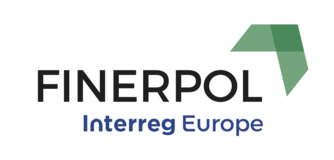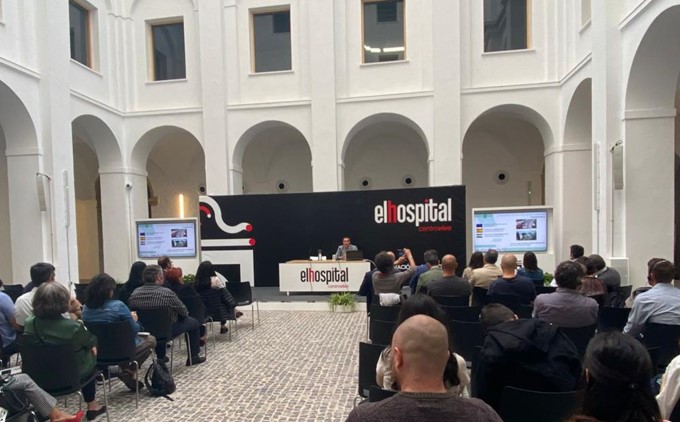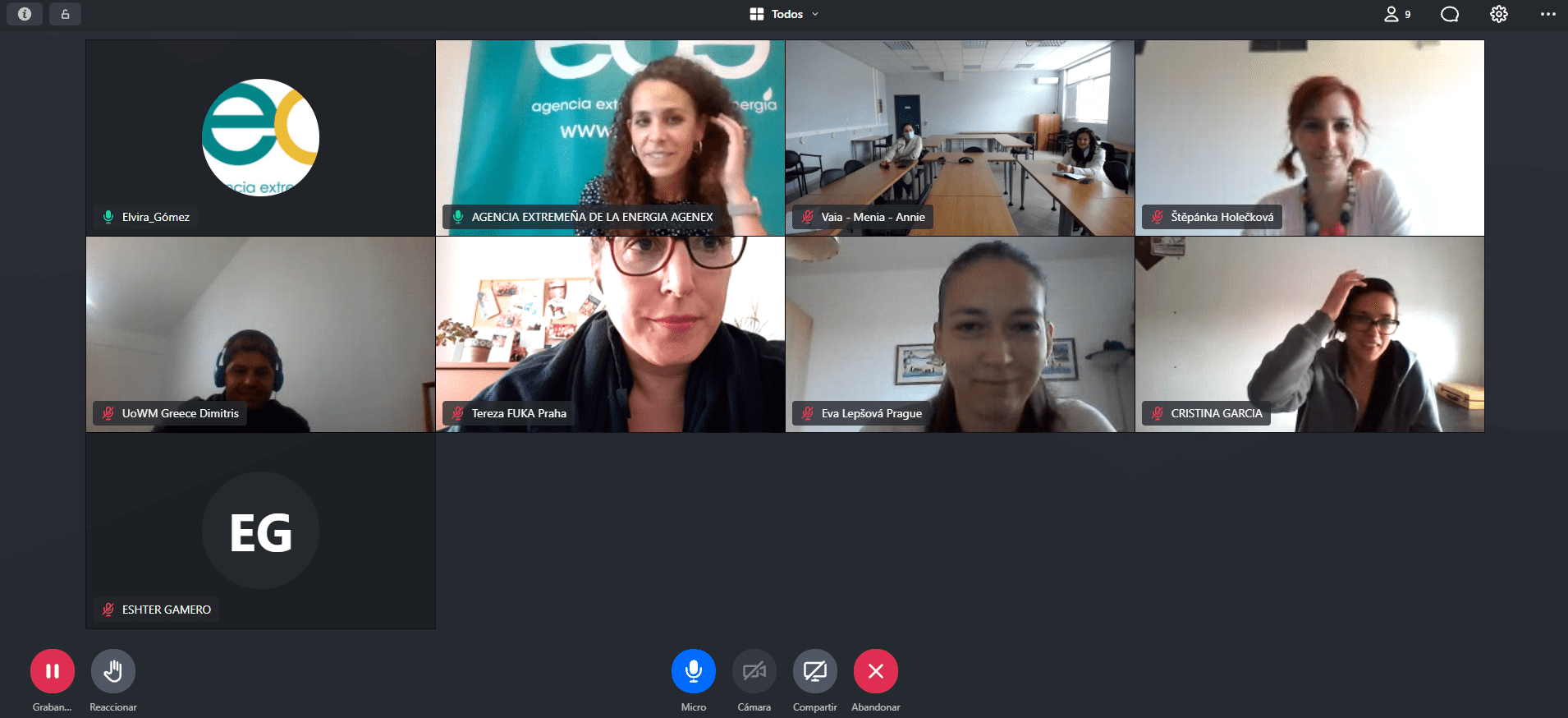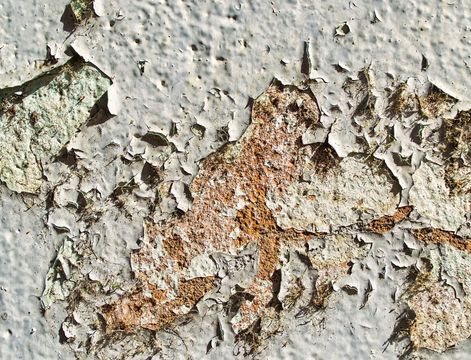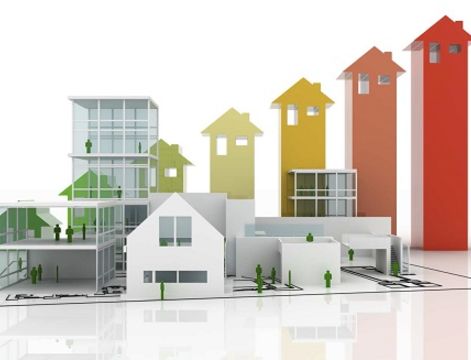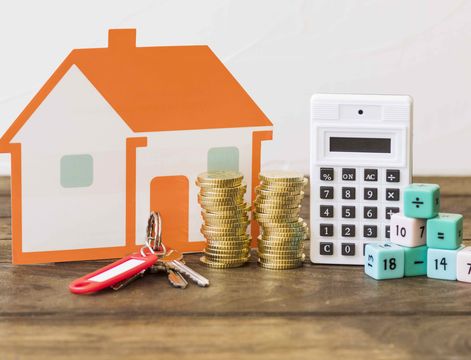The construction of the municipal neighbourhood Rainha D. Leonor was part of a national housing strategy, which sought to reply to a serious problem of lack of housing and poor habitability conditions in the city of Porto.
After 60 years, there were two different areas, one already rehabilitated and another one, with more densified blocks, built temporarily and never replaced by permanent housing. The recovery of the area composed of five buildings with 100 highly degraded dwellings filled with asbestos slabs is budgeted at 3.5 million euros, following an innovative financing model with no costs to the municipality.
The winner of the public tender will build high-quality social housing that will resettle all the current residents and in exchange can later build a private housing block whose sale will follow the current real estate values, thus financing the project. The new area will have two buildings with a total of 70 dwellings with different typologies – from 1 to 4 rooms – that will serve the 52 families that currently live in the neighbourhood, remaining 20 houses available for new residents.
This project will make D. Leonor the first A + energy class neighbourhood in Portugal, and a benchmark project for the municipality of Porto. The project will also include a children's playground, a space for the residents' association, a laundry room and a study room.
The presentation of the project took place in an open session with all the tenants. Residents of the future neighbourhood will have views of the river and the sea and the rents to be applied will be determined according to the income of the families. The neighbourhood rehabilitation process began in June 2017 with the demolition of the two vacant housing blocks, and its completion is scheduled for the end of September 2018, where it is expected to implement two new buildings.
